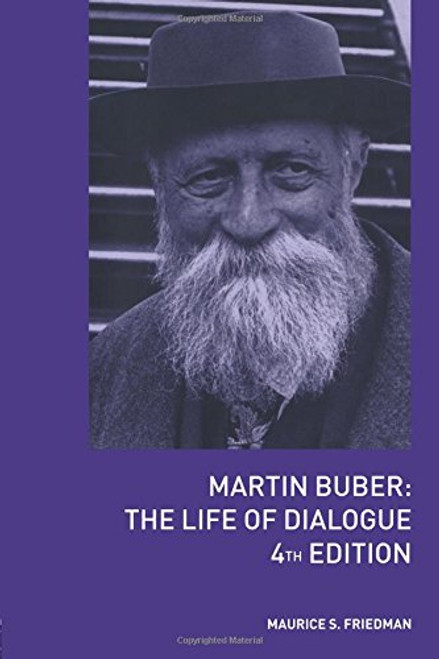Product Overview
A corrected and extensively annotated version of the sole meeting between two of the most important figures in twentieth-century intellectual life.
This is a sensitive, penetrating, and illuminating interpretation of a very significant dialogue. Throughout the commentary the authors provide reasonable interpretations grounded on previous transcript errors or on external historical evidence they have uncovered. These new interpretations add significantly to our understanding of the meanings possibly intended by the participants and the meanings possibly constructed by the audience. The style is clear, precise, stimulating, and provocative. -- Richard L. Johannesen, Northern Illinois University
The Martin Buber-Carl Rogers Dialogue offers a corrected and extensively annotated version of this central text in human sciences. Focusing on the sole meeting between these two central figures in twentieth-century intellectual life, Anderson and Cissna return to the original 1957 audio tape and to a variety of other primary sources as they correct and clarify the historical record.
The authors highlight hundreds of errors, major and minor, in previously distributed and published transcripts--beginning with the typescript circulated by Rogers himself. They also show how an accurate text enhances our understanding of the relationship between Buber's philosophy and Rogers's client- and person-centered approach to interpersonal relations. Anderson and Cissna discuss the central issues of the conversation, including the limits of mutuality, approaches to self, alternative models of human nature, confirmation of others, and the nature of dialogic relation itself. Although Buber and Rogers conversed nearly forty years ago, their topics clearly resonate with contemporary debates about postmodernism, forms of otherness, cultural studies, and the possibilities for a dialogic public sphere.
I like the fact that it provides a complete and unedited historical record of a uniquely significant public conversation between two primary contributors to dialogic theory. The book provides a rare, accurate picture of the only meeting between these two seminal thinkers who began from different orientations yet arrived at a similar theoretical destination. This book will set a new standard and should become the definitive account of this important, intellectually significant event for dialogic theory. -- T. Dean Thomlison, University of Evansville






